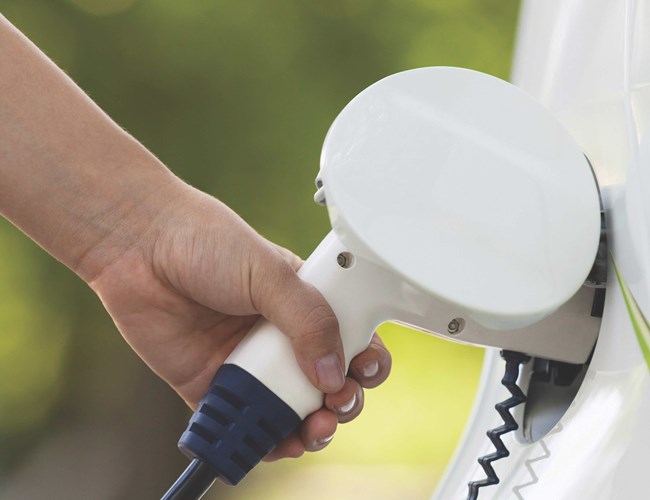We use cookies to ensure that we give you the best experience on our website. If you continue without changing your settings, we will assume that you are happy to receive all cookies on the Business Car website. However, if you would like to, you can change your cookies at any time

The start point for the best source of fleet information |
More EV incentives needed, House of Lords committee argues
Date: 06 February 2024 | Author: Sean Keywood

Measures to narrow the purchase price disparity between EV and ICE cars and improve charging infrastructure are among the recommendations of a new House of Lords committee report.
'EV strategy: rapid recharge needed' warns that a combination of higher purchase costs, insufficient charging infrastructure and mixed messaging risks people not adopting EVs, hindering the UK's ability to meet its net zero targets.
The report, published following an inquiry by the House of Lords Climate Change Committee, argues that there is currently an insufficient number of affordable EVs on the market.
It states: "The upfront cost of EVs, including second-hand cars, remains a significant barrier to consumer adoption and targeted grants should be reconsidered for EV purchases.
"Unlike markets across Europe the government has removed incentives to support private buyers with upfront costs for EVs. This is premature as we seek to move from early adopters and fleets purchasing EVs to a wider proportion of the population.
"Any incentives should be tapered as the prices of EVs fall and approach parity with petrol and diesel equivalents."
On the subject of charging infrastructure, the report argues that the number and range of public chargers available must anticipate demand.
It states: "The government must urgently review outdated and disproportionate planning regulations which are a major block to the rollout.
"While there has been significant private investment, a considerable number of chargepoints necessary for 2035 will not be commercially viable for industry to install by this point. The government must tackle delays in the rollout of funding schemes for public chargepoint infrastructure and build on the support available to local authorities.
"The government must also bring forward legislation to introduce new powers to direct local authorities in areas where there is insufficient infrastructure."
On other charging-related matters, the report echoes previous industry calls for the rate of VAT applied to public and home charging to be equalised, and recommends a consultation on mandating workplaces with designated car parking spaces to install chargers.
Other measures recommended by the report include exploring options, such as a 'battery health standard', for incentivising second-hand used EV sales, and reforming road tax to give a clear steer on future motoring costs.
Inquiry chair Baroness Parminter said: "Surface transport is the UK's highest emitting sector for CO2, with passenger cars responsible for over half those emissions.
"The evidence we received shows the government must do more - and quickly - to get people to adopt EVs. If it fails to heed our recommendations the UK won't reap the significant benefits of better air quality and will lag in the slow lane for tackling climate change."
Reacting to the report, Society of Motor Manufacturers and Traders chief executive Mike Hawes said: "The Lords report recognises the role government must play in accelerating the EV transition. Many of the recommendations have already been highlighted by industry, such as chargepoint rollout ahead of need, equalising VAT on public charging to home charging and the importance of purchase incentives, which could be delivered by a VAT cut.
"The report also notes the need for clear, consistent communication of the UK's ambition. The industry will continue to work with government to ensure this is a transition for all - including ministers whose cars should also be electric by the end of the year."
RAC head of policy Simon Williams said: "We welcome this important and far-reaching report from the House of Lords and urge the Government to take the recommendations it makes seriously.
"We have long argued that mass uptake of EVs - which is the government's aim - depends on prices falling to make them the natural choice for more people, so we are particularly pleased to see the committee supporting the introduction of targeted grants for new electric cars, aimed at the more affordable end of the market.
"The unequivocal support for VAT to be charged at the same 5% rate whether a driver is charging at home or at a public charger also now piles yet more pressure on the Treasury to correct this bizarre anomaly. As things stand, the current mismatched VAT rates are an unnecessary barrier to switching to an electric car for the estimated third of people who can't charge an EV at home and who wholly rely on the public charging network."











